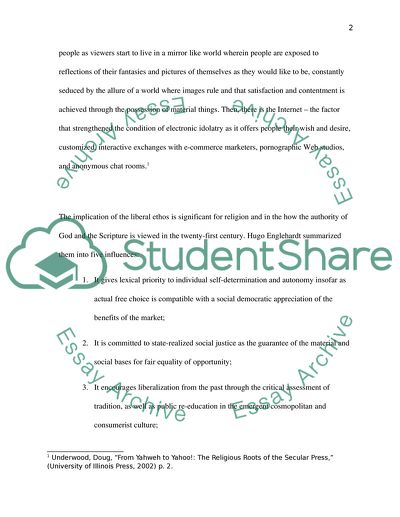Cite this document
(Challenges to Christianity Existence in the Past: the Enemies During Research Paper, n.d.)
Challenges to Christianity Existence in the Past: the Enemies During Research Paper. Retrieved from https://studentshare.org/religion-and-theology/1722658-authority-of-god
Challenges to Christianity Existence in the Past: the Enemies During Research Paper. Retrieved from https://studentshare.org/religion-and-theology/1722658-authority-of-god
(Challenges to Christianity Existence in the Past: The Enemies During Research Paper)
Challenges to Christianity Existence in the Past: The Enemies During Research Paper. https://studentshare.org/religion-and-theology/1722658-authority-of-god.
Challenges to Christianity Existence in the Past: The Enemies During Research Paper. https://studentshare.org/religion-and-theology/1722658-authority-of-god.
“Challenges to Christianity Existence in the Past: The Enemies During Research Paper”, n.d. https://studentshare.org/religion-and-theology/1722658-authority-of-god.


